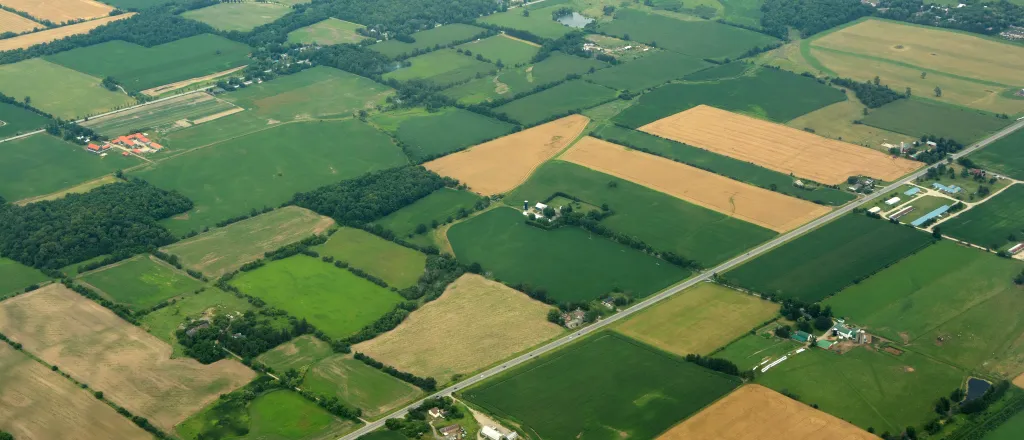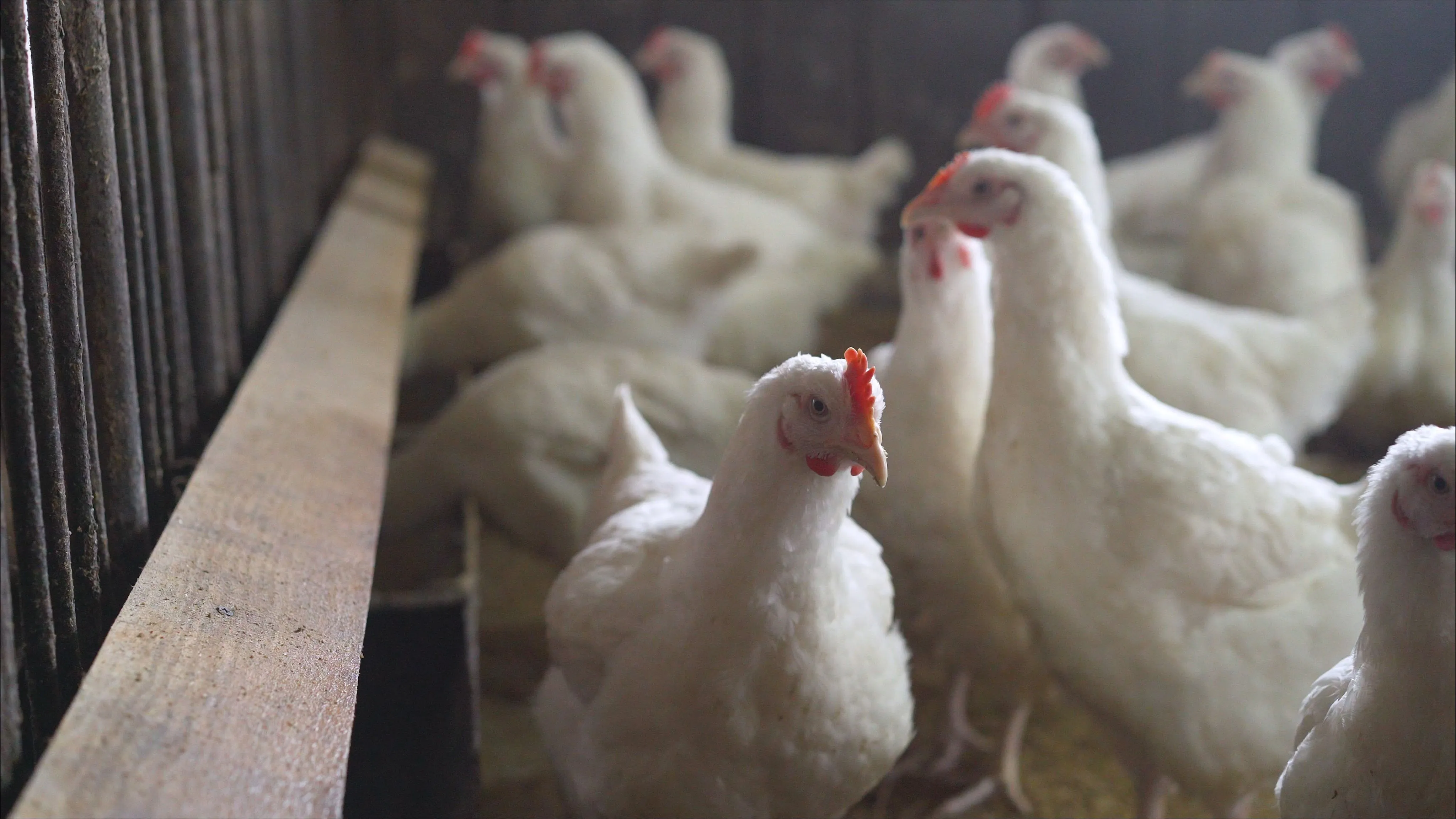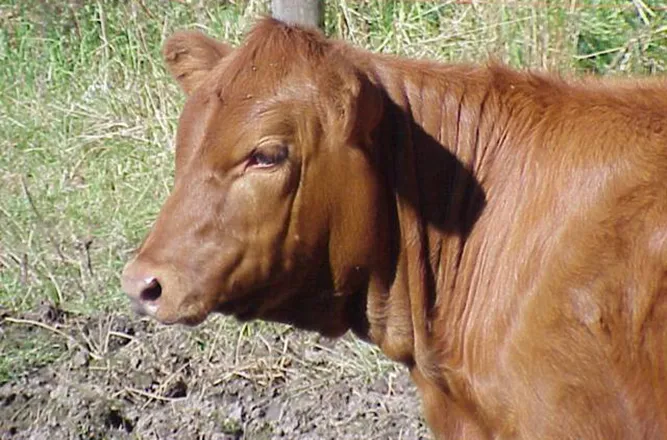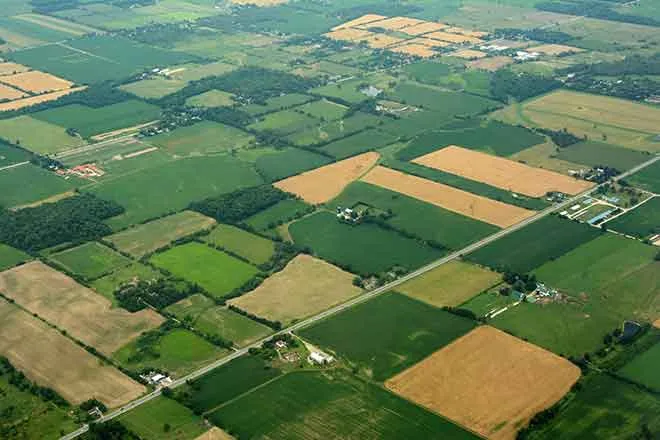
Difficult Times Unfolding in Colorado’s Production Agriculture
iStock - IMNATURE
by Dr. Norm Dalsted, Professor and Extension Farm/Ranch Management Economist.
The current agricultural economy is facing difficult times with low commodity prices and the drought conditions facing much of the state’s agricultural lands. For the majority of farmers and ranchers the ability to breakeven this year is not possible even with record wheat and corn yields. At this time wheat prices are $2.70 to $3.05 depending on the region of the state while corn prices also vary but are in the $2.60 to $3.10 range. For many producers the breakeven price is well above the current and harvest prices they have or could have received. This will create a significant shortfall in their ability to cover this past year’s costs of production and certainly jeopardize their ability to acquire operating capital for the upcoming crop year. Some may need to offer existing equity in their operation to offset the inability to pay off their line of credit (operating monies).
Lower cattle prices have also created significant financial issues for many cattle operations as well. Five weight calves are in the $1.30-$1.50 range which is well below last year’s values. Depending on the cost of production faced by our cattle operations this past year many operations will also have a shortage of funds to pay off operating loans and other payments on purchased livestock, machinery or equipment, and land that may have been purchased when livestock prices were quite favorable. Lack of fall moisture throughout Colorado this fall has a significant impact on next year’s forage base.
While the current agricultural situation is somewhat different in northeast Colorado versus southeast Colorado and from the experiences of 1980’s. The 80’s were a period of higher interest rates and over leveraged producers, i.e., debt to equity position were over extended. However during this period moisture conditions were normal or above normal. Commodity prices were during this time period significantly lower than the previous decade. Today we are seeing a similar commodity price decline relative to what producers saw only a few years earlier. So while there are similarities as to economic consequences of the 1980’s there are differences but the financial impacts may not be as great.
Farm Service Agency has seen an increase in applications for their guaranteed loan programs. Agricultural lenders based on our Agricultural Outlook meetings this past fall expressed concerns but did not feel the financial impacts were not as significant as one would think. But their concerns were related to a continuing low depressed commodity markets. Thus, if the current events continue over the next two years the farm/ranch financial environment could become very real problem for some.
The outlook for improving grain and livestock prices are rather dismal at least for the next two to three years. This will create a lot of extended financial and emotional stress for husbands, wives, and children. There have been five suicides in Colorado’s agricultural community in recent months. We as Extension faculty and community leaders need to be aware of the financial and emotional stress emanating from the current economic situation. And do what we can to assist those producers and their families in terms of promoting good mental health and identify and make available resources in their communities to farm and ranch families. In 2012 CSU Extension agents in the Southeast Area became aware of a need for mental health assistance in the area due to drought and limited production of grains and livestock of the clientele. Dr. Robert Fetsch, Extension Specialist in the College Family Development and Human Resources at Colorado State University, had retired so limited resources were available from campus. Various mental health services were contacted. Southeast Mental Health services were involved by including articles from this group in Extension newsletters and other means to reach the farmers and ranchers and their families in the region. This is one means by which we can serve our farm and ranch families. Mental health is critical to the success of our farm/ranch population. The topic is a difficult one and often people are reluctant to seek such help but we need to make them aware that such help is available and in their respective communities.
For more information, contact your local Extension Office: Baca County 719-523-6971, Bent County 719-456-0764, Cheyenne County 719-767-5716, Crowley County 719-267-5243, Kiowa County 719-438-5321, Otero County 719-254-7608, Prowers County 719-336-7734 or your local health department. Find us on the web at: http://www.extension.colostate.edu/SEA. CSU Extension offers up-to-date, unbiased, research-based information to families in Southeast Colorado. CSU Extension programs are available to all without discrimination.















